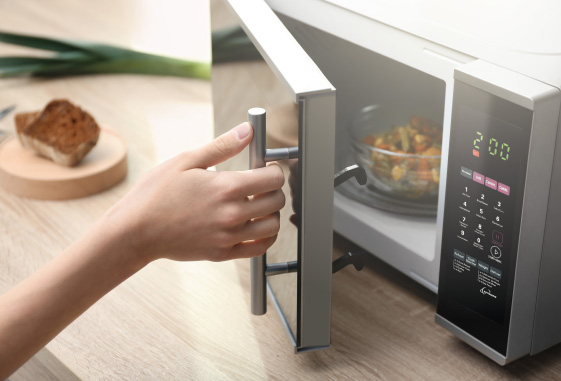Investing in energy-efficient home appliances not only helps you save money but also contributes to environmental sustainability. These appliances are designed to consume less energy while delivering the same or better performance compared to their conventional counterparts. When you upgrade to energy-efficient appliances such as refrigerators, washing machines, dishwashers, and air conditioners, you can significantly reduce your utility bills over time. For instance, Energy Star-certified appliances use advanced technologies like improved insulation, efficient motors, and better heat transfer mechanisms, which collectively reduce energy consumption by up to 50%. This reduction not only cuts down your electricity bills but also decreases your home’s carbon footprint, contributing positively to the environment. Let us take refrigerators as an example. Old refrigerators can consume a substantial amount of energy, especially if they lack modern features like energy-efficient compressors and proper insulation. By replacing an old refrigerator with an Energy Star-certified model, you can save hundreds of dollars over the appliance’s lifetime. Similarly, energy-efficient washing machines use less water and energy per load, which not only saves on utility costs but also reduces water consumption, benefiting both your wallet and the environment.

Another significant advantage of energy-efficient appliances is their durability. While they may initially cost more than standard models, their longevity and reduced operating costs, make them a cost-effective choice in the end. Many energy-efficient appliances also come with warranties that cover both parts and labor, providing additional peace of mind and potentially saving you money on repairs. Moreover, governments and utility companies often provide incentives such as rebates or tax credits for purchasing energy-efficient appliances. These incentives can further offset the initial cost of upgrading your home appliances, making the switch to energy efficiency even more attractive financially. In addition to saving money and reducing environmental impact, energy-efficient appliances contribute to overall home comfort. For example, energy-efficient air conditioners not only cool your home effectively but also operate more quietly and provide better humidity control compared to older models. Similarly, modern dishwashers are designed to clean dishes thoroughly using less water and energy, saving you time and effort while conserving resources.
When shopping for energy-efficient appliances, look for the Energy Star label, which indicates that the product meets or exceeds energy efficiency guidelines set by the Environmental Protection Agency EPA or other recognized authorities. Compare energy use ratings and features to find the most efficient models that fit your budget and household needs. Additionally, consider consulting with a knowledgeable salesperson or conducting online research to understand the specific energy-saving benefits of different appliances before making a purchase. By choosing energy-efficient appliances for your home, you not only save money and reduce your environmental impact but also contribute to a more sustainable future for generations to come. Each appliance upgrade is a step towards creating a more efficient and eco-friendly home environment while enjoying the benefits of modern technology and improved performance.